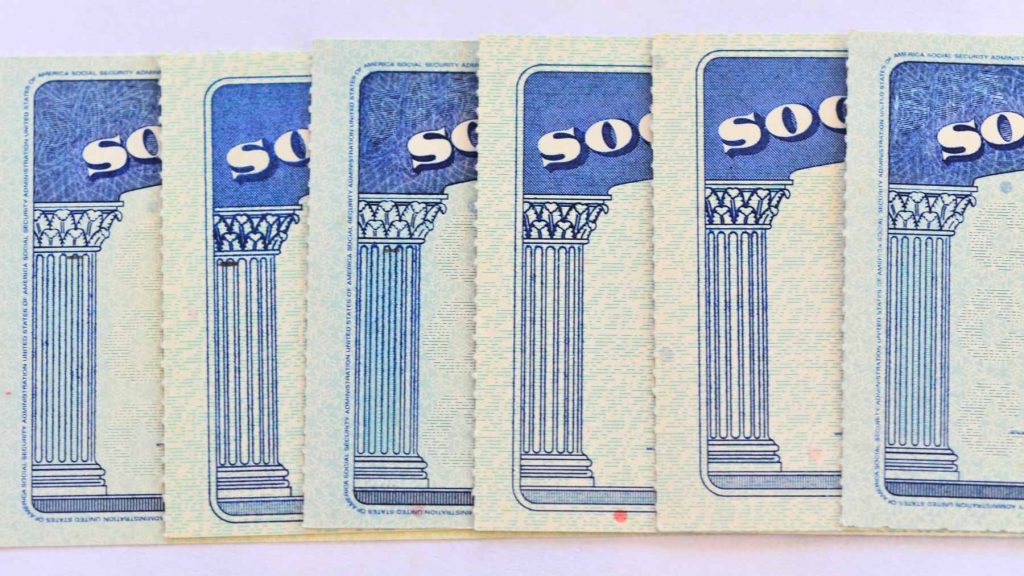We are halfway through the month of August, and some of the payments that the Social Security Administration (SSA) sends to its beneficiaries each month have already been made. The first deposit of Supplemental Security Income (SSI) was already made, on August 1, which is an economic supplement for older adults or people with qualifying disabilities of any age.
On the next day, August 2, the payment was advanced for those beneficiaries who received payments since before May 1997 or who received both Social Security and supplemental Security income. In the case of the latter, they received the SSI payment on August 1 and the Social Security payment on the 2nd.
In the week between August 4 and 10, no payment is made, and the next deposit is made on the second Wednesday of the month, that is, the 14th. On that day, the payment is made to those beneficiaries of Social Security and Social Security Disability Insurance (SSDI) who have birthdays between the 1st and 10th of any month.
On the third Wednesday, which is August 21, payments will be made for people whose birthdays are between the 11th and 20th of any given month: retirees and SSDI beneficiaries also receive their deposits. One more payment is made on the fourth Wednesday of August, or the 28th, for retirees and SSDI beneficiaries who are due between the 21st and 31st of any month.
An Extra Payment for SSI Recipients in August: Is This “Extra” Money?
As we have said before, SSI beneficiaries receive payments on the first of each month, however in the month of August there is a small peculiarity that generates a change and could cause confusion. This is a second payment that will be sent to recipients on Friday, August 30, but it is not extra money or any type of bonus (don’t believe viral publications full of fake news):
This happens because on September 1 falls on a Sunday, and by Standard, the Social Security Administration (SSA) does not make payments on weekends or holidays. When a payment day falls on one of these types of dates, the deposit is advanced to the nearest previous business day.
In total, SSI beneficiaries, as well as those from retirement or SSDI, receive a total of 12 payments per year, so you should not be confused when an advance payment arrives. This peculiarity will happen again in November since checks will be sent on November 1 and 29, but then in December there will be no payment on December 1, but it will be brought forward on January 1, 2025 to December 31.
Social Security Backlog Results in $1 Billion in Erroneous Payments
A report issued by the inspector general of the Social Security Administration revealed an alarming unprecedented increase in improper payments, whether underpayments or overpayments, by more than $1.1 billion, in a total of 5.2 million “pending actions.”
As these arrears and pending actions accumulate, the proliferation of underpayments, overpayments, or otherwise incorrect payments at SSA increases. When a beneficiary’s benefits are calculated incorrectly and an official is not available to promptly review the benefit, he or she receives more or less money than he or she is entitled to based on his or her contributions and savings.
SSA claims that unexpected staff reductions, increased workloads, and cuts in overtime funds are the explanation for this record backlog of pending actions.
The average Social Security retirement benefit in February 2024 was about $1,862 per month or about $22,344 per year, but a delay in payments can greatly change the benefit amount an individual should or expects to receive month to month.
In one example case cited in the report, the OIG found that SSA overpaid a disability beneficiary by $62,000. The problem in this type of case is in the form of clawback, since the agency does not consider that money lost and begins to recover it. This can result in substantial reductions or even total garnishment of benefits until the overpaid amount is repaid.
If you believe you are receiving improper, insufficient or excessive payments, we recommend that you immediately call the SSA or go to your nearest SSA office to report the issue and make it stop immediately. If you continue to receive excessive payments for a long time afterward, you could face recovery actions from the agency.
